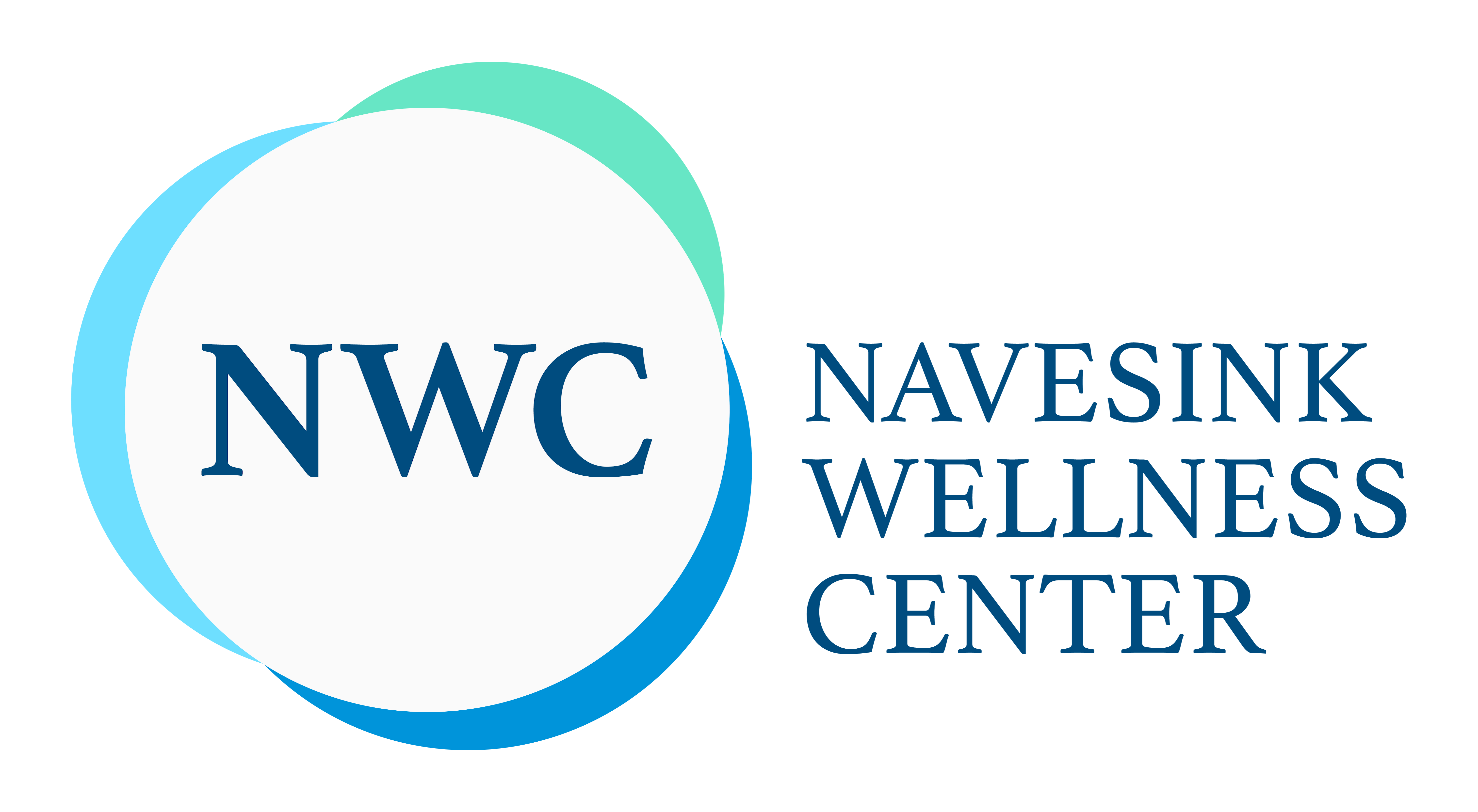Obsessive-Compulsive Disorder (OCD) is a complex mental health condition characterized by unwanted thoughts and repetitive behaviors. It affects both men and women at any stage of life, but motherhood is a particularly sensitive time when women may experience heightened OCD symptoms.
The emergence of OCD in motherhood involves a mix of biological, psychological, and social factors. To understand why OCD may flare up during this time and the specific symptoms women face, it’s crucial to consider the distinct challenges and changes of motherhood.
Why OCD is Triggered in Motherhood
Hormonal Fluctuations: The postpartum period is characterized by significant hormonal shifts as the body returns to its pre-pregnancy state. Estrogen and progesterone levels, which have been high during pregnancy, drop dramatically after childbirth. These hormonal changes can impact brain chemistry and mood, potentially triggering OCD symptoms in susceptible women
Psychological Vulnerability: Motherhood introduces profound changes to a woman’s identity and responsibilities. The overwhelming desire to protect and care for her newborn can exacerbate underlying anxieties, making her more susceptible to obsessive-compulsive symptoms. The fear of not being a good enough mother or of inadvertently causing harm to the baby can manifest as intrusive thoughts, a hallmark of OCD.
Sleep Deprivation and Stress: The early stages of motherhood often involve a significant amount of sleep disruption and physical exhaustion. Sleep deprivation can impair cognitive function and stress coping mechanisms, making it harder to manage intrusive thoughts and compulsions. Moreover, the stress of adjusting to the demands of motherhood can serve as a trigger for OCD symptoms.
Pre-existing Anxiety or OCD Tendencies: Women who have a history of OCD or anxiety disorders are at a higher risk of experiencing an exacerbation of symptoms during the postpartum period. The additional stressors associated with motherhood can trigger a relapse or worsening of symptoms.
Symptoms A Mother May Experience
The symptoms of OCD in motherhood often revolve around the baby’s health and safety, but they can also extend to other areas related to personal health, cleanliness, and orderliness. Here are more detailed descriptions of the symptoms:
Intrusive Thoughts: Women may experience persistent, unwanted thoughts about harming the baby, either accidentally or intentionally. These thoughts are highly distressing and are not indicative of the mother’s true intentions. Other common intrusive thoughts might involve fears of contamination (e.g., the baby getting sick due to germs) or making a mistake that leads to harm.
Compulsions: To neutralize the anxiety produced by these intrusive thoughts, women may engage in compulsive behaviors. These can include excessive checking (e.g., repeatedly ensuring the baby is breathing while asleep), cleaning (e.g., sterilizing feeding bottles multiple times), or seeking constant reassurance from doctors or loved ones about the baby’s well-being. Some mothers might avoid certain activities or places they perceive as risky.
Hyper-responsibility: A heightened sense of responsibility for the baby’s safety can lead to compulsive information-seeking, such as reading numerous parenting books and articles, which can paradoxically increase anxiety and uncertainty.
Decision-making Difficulty: The need for certainty and fear of making the wrong decision can lead to indecisiveness about seemingly routine choices, such as selecting the right baby products or deciding on sleeping arrangements.
Avoidance: In severe cases, the fear of causing harm may lead some mothers to avoid interacting with their baby, which can interfere with bonding and caregiving.
Strategies for Addressing the Symptoms of OCD
Combating OCD symptoms, especially in the context of motherhood, requires a multifaceted approach that addresses both the psychological and practical aspects of the disorder. Below are detailed strategies to help mothers manage OCD symptoms more effectively:
Professional Therapy
- Cognitive-Behavioral Therapy (CBT): CBT is highly effective for treating OCD. It helps individuals identify and challenge their obsessive thoughts and gradually reduce their compulsive behaviors.
- Exposure and Response Prevention (ERP): A specific type of CBT that has shown great success with OCD. It involves exposing the individual to the source of their fear or anxiety in a controlled and incremental way, without allowing them to engage in their usual compulsive behaviors.
- Acceptance and Commitment Therapy (ACT): This therapy helps individuals accept their thoughts without acting on them and commit to actions aligned with their values, which can be particularly empowering for mothers
Self-Care and Wellness
- Mindfulness and Relaxation Techniques: Practices such as meditation, yoga, and deep-breathing exercises can help reduce overall stress and anxiety levels, making OCD symptoms more manageable. these practices encourage a moment-to-moment presence that can interrupt the cycle of obsessive thoughts and compulsive behaviors, making OCD symptoms more manageable over time.
- Physical Activity: Regular exercise goes beyond simply decreasing anxiety and improving mood; it stimulates the release of endorphins, the body’s natural stress relievers and mood lifters, acting as a natural counter to OCD symptoms. Consistent physical activity also promotes better sleep patterns and increases self-esteem, both of which are essential in the fight against OCD.
- Healthy Sleep Habits: The role of sleep in managing OCD cannot be overstated. Prioritizing sleep and establishing a restful routine not only mitigates the severity of OCD symptoms but also enhances cognitive function and emotional resilience, making it easier to cope with stress and anxiety. Sleep deprivation, on the other hand, can exacerbate anxiety and stress, creating a fertile ground for OCD symptoms to worsen.
Structured Routines
- Establishing a structured routine offers a multitude of benefits for managing Obsessive-Compulsive Disorder (OCD), particularly by introducing predictability that reduces anxiety and limits opportunities for compulsive behaviors. This predictability not only decreases the mental space for obsessions but also enhances a person’s sense of control over their daily life, countering the feeling of being overwhelmed by OCD symptoms. By allocating specific times for activities, a structured routine can improve time management, effectively reducing the time available for engaging in compulsions and ensuring a balance between responsibilities and leisure.
Limiting Exposure to Triggers
- Limiting exposure to triggers in the management of OCD involves a strategic approach of gradual and controlled exposure to identified triggers, rather than complete avoidance, which can inadvertently reinforce OCD behaviors. Understanding and carefully navigating one’s triggers in this way allows for a more effective and sustainable approach to managing OCD symptoms, fostering resilience and a greater sense of control over one’s reactions and behaviors.
Seeking Help Early
- Early intervention is key to managing OCD effectively. If symptoms are recognized, consulting a mental health professional as soon as possible can prevent symptoms from worsening.
Implementing these strategies requires patience and perseverance, as managing OCD is a gradual process. However, with the right support and treatment plan, mothers can significantly reduce the impact of OCD on their lives, allowing them to enjoy motherhood more fully.




